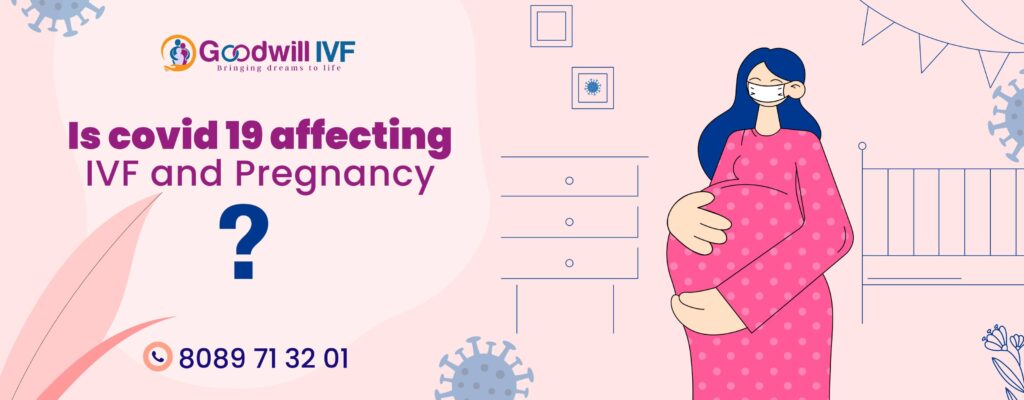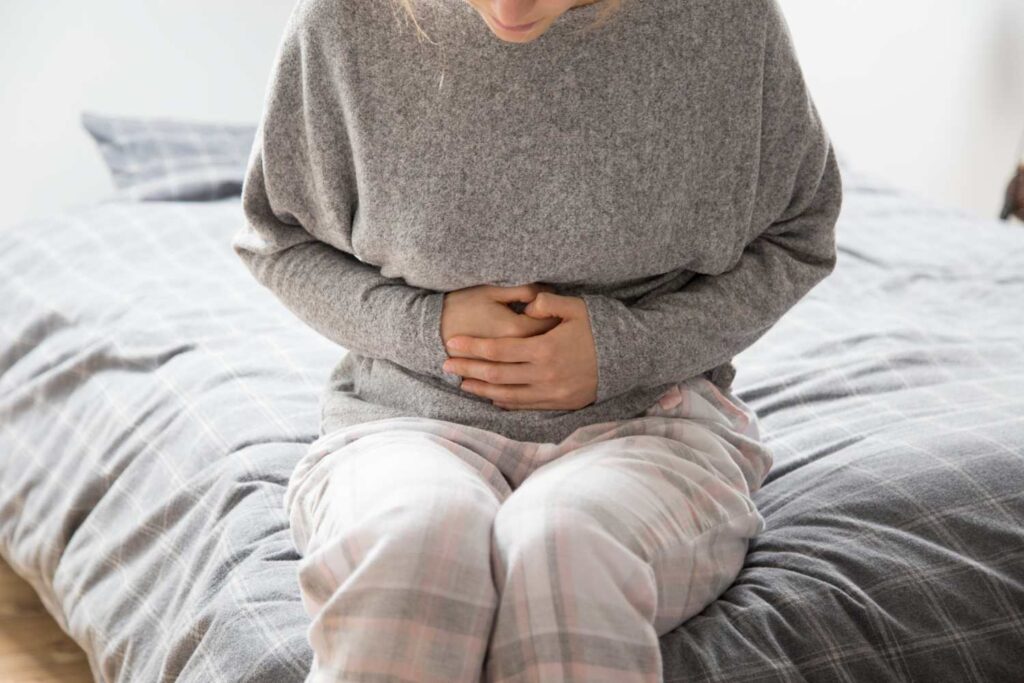A woman’s life may enter a new phase with all the changes it brings when she becomes pregnant. All those physical and hormonal changes designed by nature are important in assisting women on their path to becoming mothers.
The ability to get pregnant depends on many things, including the timing of your ovulation. The process of an egg being released from a woman’s ovary is known as ovulation which is necessary for a pregnancy to develop. If you’re trying to get pregnant, knowing when your ovulation can help you get pregnant faster. It can also help you know when you should avoid certain things to improve your chances of getting pregnant.
When does ovulation occur?
Generally, in a typical 28-day menstrual cycle, ovulation takes place about 14 days before the beginning of the following menstrual period. However, the duration of each woman’s cycle and the interval between ovulation and the beginning of the following menstrual period may change. If you don’t have a 28-day monthly cycle, you can use a menstrual calendar to track the length of your cycle and to know the best time to ovulate.
The most obvious sign of ovulation is your period. During the ovulation cycle, your period will change from regular to light bleeding. If you have not ovulated yet, your period will be light or absent altogether. If you have just ovulated, you will have a little spotting or brown discharge.
What takes place during ovulation in a woman?
The ovarian follicle, a portion of the ovary, releases an egg during ovulation. The term “egg” refers to the ovum or oocyte. Only after achieving maturity, it is released. The egg leaves the ovaries during ovulation and travels through the fallopian tubes to the uterus. The egg continues on its journey down the fallopian tube, where it can come into contact with sperm and fertilize. The egg will implant in the uterine wall if it is fertilized within that 12 to 24-hour time frame. Otherwise, it will break down and shed with the rest of the uterine tissue.
Your ovulation cycle is the single most important thing you can control to improve your fertility and conception rates. Every month, your ovaries release a small amount of estrogen and a larger amount of the hormone progesterone. These hormones tell the uterus to increase its defenses, which helps prepare the uterus for a possible pregnancy. If you’re trying to get pregnant, the best times to try are generally around the first and last days of your ovulation cycle.
Ovulation induction is one of the essential IVF procedures, however, some people can use it as a standalone reproductive therapy. Ovulation induction is a procedure that analyses the ovulation potential of a female and induces ovulation in females who are not ovulating.
What are the root reasons for abnormal ovulation?
Infertility may result from any disruption of the hormonal signals controlling healthy egg growth. Ovulation issues can appear in various ways. The causes of infertility vary, but one of the most common causes is called ovulation dysfunction, that is, abnormal, irregular, or absent ovulation. Occasionally, a woman may not menstruate at all or she may just ovulate infrequently at other times, which would decrease her chances of getting pregnant. Effective treatment can contribute to high pregnancy rates once the doctor identifies the underlying cause of the ovulation problem.
When you’re trying to get pregnant, you would like to find a fertility clinic that has an excellent reputation for helping couples achieve their goals.
The number of births from fertility centers has increased rapidly in the last few decades and, at current levels of use, is expected to continue growing. We at Goodwill IVF center in Calicut, with an advanced modular Lab, have all the facilities to serve you better for guaranteed results. We ensure that you feel comfortable and cared for throughout your treatment.
Menstruation Is Not Always a Sign of Ovulation
Some women wrongly believe that if they are menstruating, they must also be ovulating. Actually, this is untrue. Anovulation or irregular ovulation may cause irregular cycles, lighter or shorter-than-normal periods, or exceptionally heavy periods in certain people. Additionally, they could go weeks without getting their period. However, it is also possible to not be ovulating while having regular, normal-appearing cycles. Just because you get a period doesn’t mean your fertility or ovulation is functioning normally. Before you begin attempting to get pregnant, let a healthcare professional know if your cycles are irregular.
Many women struggle to conceive a pregnancy. For some, it can take months or years to get pregnant, while others find it difficult to become pregnant at all. It might be quite stressful for you and your partner to be unable to have babies. To help you professionally and personally along the journey, pick a reputed infertility treatment center that may fulfill your dreams.


